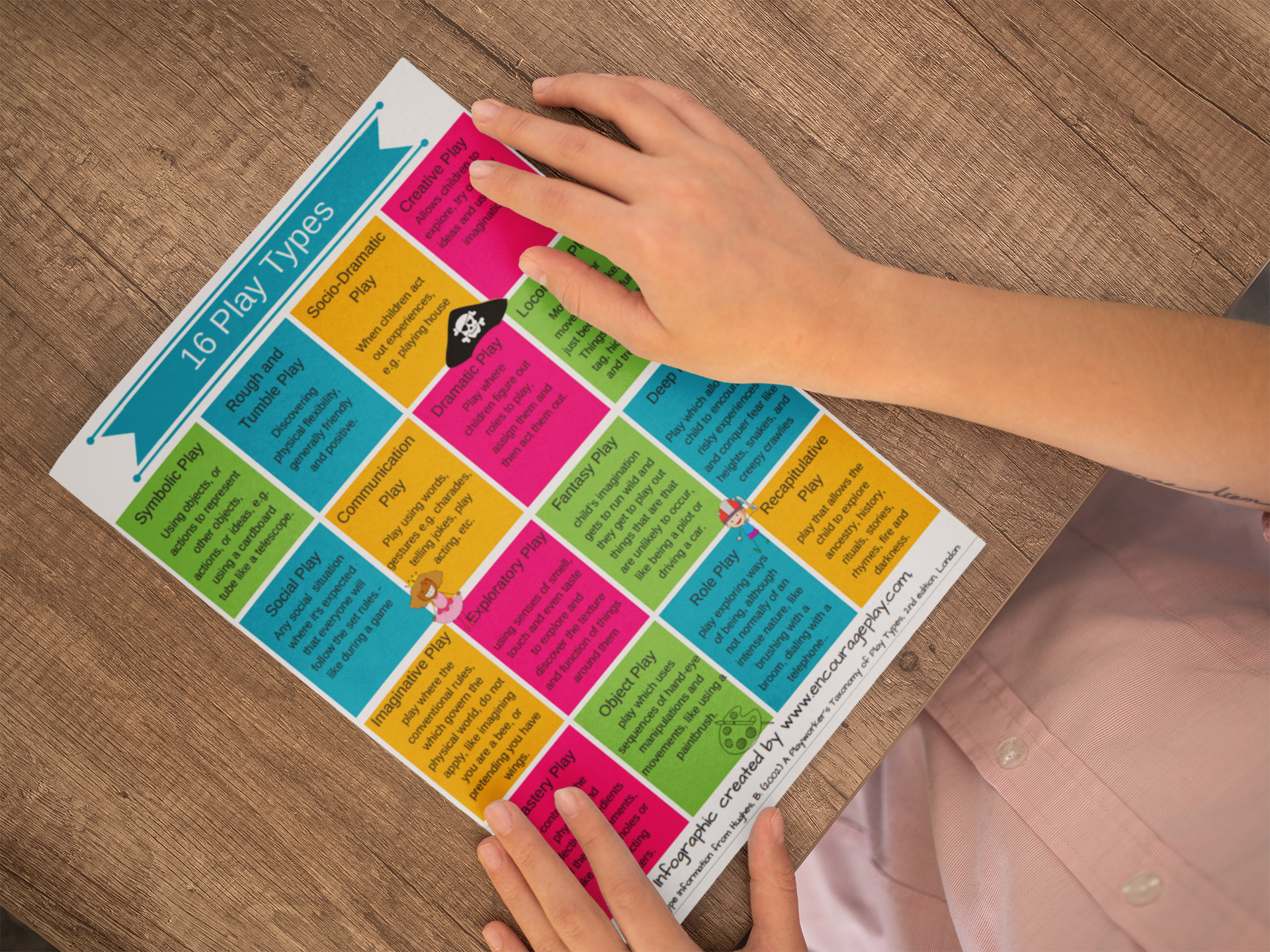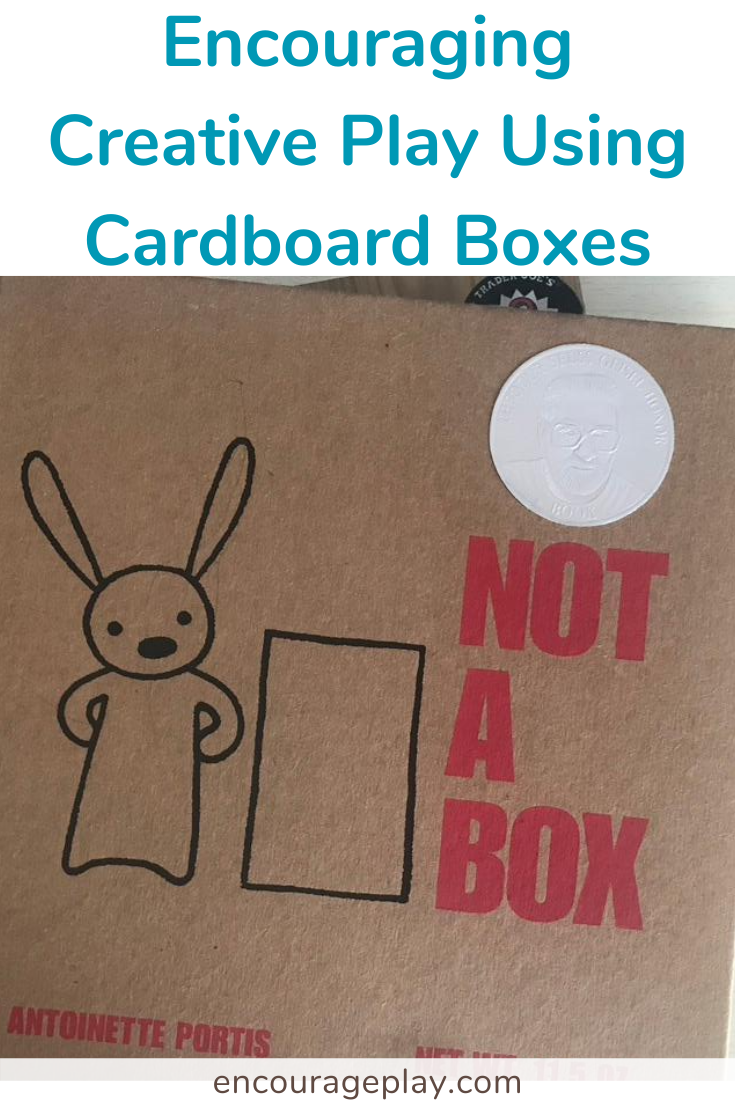Pretend Play
There are a few different types of play that fall into the category of pretend play:
Socio-Dramatic Play
A type of play that happens when children act out experiences, e.g. playing house,
going to the shops or going to a restaurant. They get to try out different personalities and replay things in their life that they’ve seen the grown ups or older kids in their family or friends do.
Imaginative Play
Imaginative play is based on the principle that the conventional rules of our world do not apply. For instance, a human child imagining they are a bee, or pretending to live
underwater.
Dress Up
Kids love to dress up. You can make it open-ended by just having different items available, and see how they decide to play. Kids can put on a fashion show, or they can have you guess who they are, or just try on different personas depending on their clothes.
By playing in these ways, kids work on social skills like taking another person’s perspective and seeing someone else’s point of view, which will lead to practicing empathy. They also practice how to solve problems and the art of compromise. Research on preschoolers found that those who use this type of play frequently also have good emotional self-regulation. Kids can also practice executive functioning skills when they’re planning out their play.














